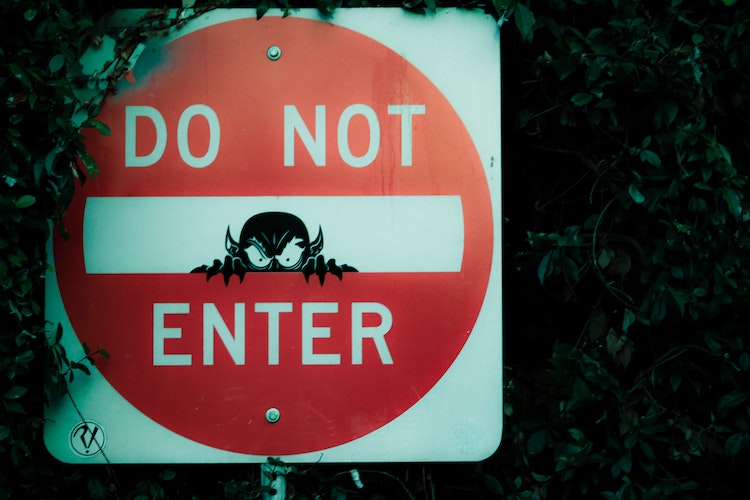The Limits of Evil
I wrote a post last week about my reaction in reading David Bentley Hart’s latest book (see: How To Consider New Ideas). But beyond that, there are two quotes from the book that I’ve found myself continually thinking about.
Hart has a unique view on the role of evil and he describes it this way:
…evil and sin are always accidental conditions of human nature, never intrinsic qualities; all evil is a privation of an original goodness, and so the sinfulness that separates rational creatures from God is only a disease corrupting and disabling the will, robbing it of its true rational freedom, and thus is a disorder that must ultimately be purged from human nature in its entirety, even if needs be by hell.
David Bentley Hart, That All Shall be Saved
This is a profound thought. If we choose to do something evil (as all of us are capable of doing), it does not highlight the fullness of our free will. It highlights the disease that negatively limits our free will. The implication here is that a fully healthy free will would intrinsically choose God. To whatever degree we choose something other than God, the disease shapes our reality.
He then builds on this idea:
…evil is inherently finite—in fact, in a sense, is pure finitude, pure limit—and so builds only toward an ending; evil is a tale that can have only an immanent conclusion; and, in the light of God’s infinity, its proper end will be shown to be nothing but its own disappearance. Once it has been exhausted, when every shadow of wickedness—all chaos, duplicity, and violence—has been outstripped by the infinity of God’s splendor, beauty, radiance, and delight, God’s glory will shine in each creature like the sun in an immaculate mirror, and each soul—born into the freedom of God’s image—will turn of its own nature toward divine love.
David Bentley Hart, That All Shall be Saved
Evil is not an equal counterpoint to good. Sure, we can choose between good or evil at this moment. But ultimately, one of those choices will run out. It will expire. It will cease to exist. It will be absorbed or consumed or redeemed by the Good.
Another book I recently read is called The Great Influenza (see: Amazon link). It’s about the global pandemic of 1918-19 and as you can imagine, it has quite a few insights for us today. There’s a unique reality that emerges from that story: “If a pathogen kills too efficiently, it will run out of hosts and destroy itself.” Its own success leads to its eventual failure. It strikes me that sin and evil work the same way. Even when it looks like evil is succeeding and things are getting worse, this ultimately works against it. Martin Luther King Jr. said it like this: “Evil carries the seed of its own destruction.”
We see this theme throughout the Psalms. Here are a few examples:
- “The wicked conceive evil; they are pregnant with trouble and give birth to lies. They dig a deep pit to trap others, then fall into it themselves. The trouble they make for others backfires on them. The violence they plan falls on their own heads.” 7:14-16
- “The nations have fallen into the pit they dug for others. Their own feet have been caught in the trap they set. The Lord is known for his justice. The wicked are trapped by their own deeds.” 9:15-16
- “The wicked draw their swords and string their bows to kill the poor and the oppressed, to slaughter those who do right. But their swords will stab their own hearts, and their bows will be broken.” 37:14-15
I think it’s a healthy practice for all of us—Christians especially—to have a clear understanding of the “pure limit” of evil. We really need this perspective as we all try and make it through 2020. Keep your eyes focused on Jesus, on working to bring Heaven to earth, on partnering with God to redeem the brokenness of creation. Don’t lose heart when evil wins in the moment or when the headlines look hopeless. Focus your perspective on the bigger narrative. Keep fighting.
If we combine the logic of these two quotes from Hart we can ask the question like this: What happens when the disease of sin is removed from our free will and the option of evil runs out?
The answer? Jesus wins. Let’s tell that story.
What happens when the disease of sin is removed from our free will and the option of evil runs out? Click To TweetPhoto by Nick Coleman on Unsplash
Do You Want to Read the Bible Without Falling Behind?
Sign up your email and I’ll send you a PDF to download and use my custom-made reading plan system. There’s no way to fall behind on this system and every day will be different no matter how long you use it!
I’ll send future content directly to your inbox AND you can dive into the Bible like never before.





